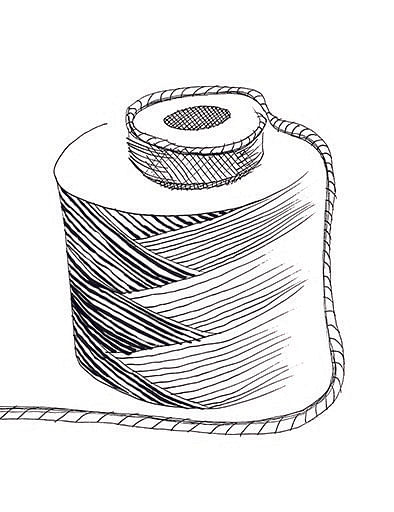GERMANY • In 2009, when Ms Anke Domaske was 26, her stepfather developed leukaemia.
"He couldn't find anything to wear because he had such a low immune system, and his skin reacted to everything," said the young German microbiologist.
Most cloth contains chemicals used in the growing and manufacturing process: Cotton production, for instance, is said to use 35 per cent of the world's insecticides and pesticides.
So Ms Domaske and a small group of friends who would later join her company, Qmilk, went to a grocery store and bought US$200 worth of milk and basic cooking tools.
And they started to experiment, using a 1930s technique for making milk casein fibre first. They tested more than 3,000 recipes over nine months to create a silk-like cloth that would not dissolve in water.
There were those who counselled using artificial chemicals for a quicker solution. "And I was so stubborn, I said no, it has to work with just natural resources."
Because of health and safety standards, German farmers throw out around two million tonnes of milk every year - enough to fill 770 Olympic-size swimming pools.

Qmilk works closely with about 20 farmers in Germany, though Ms Domaske plans to expand.




